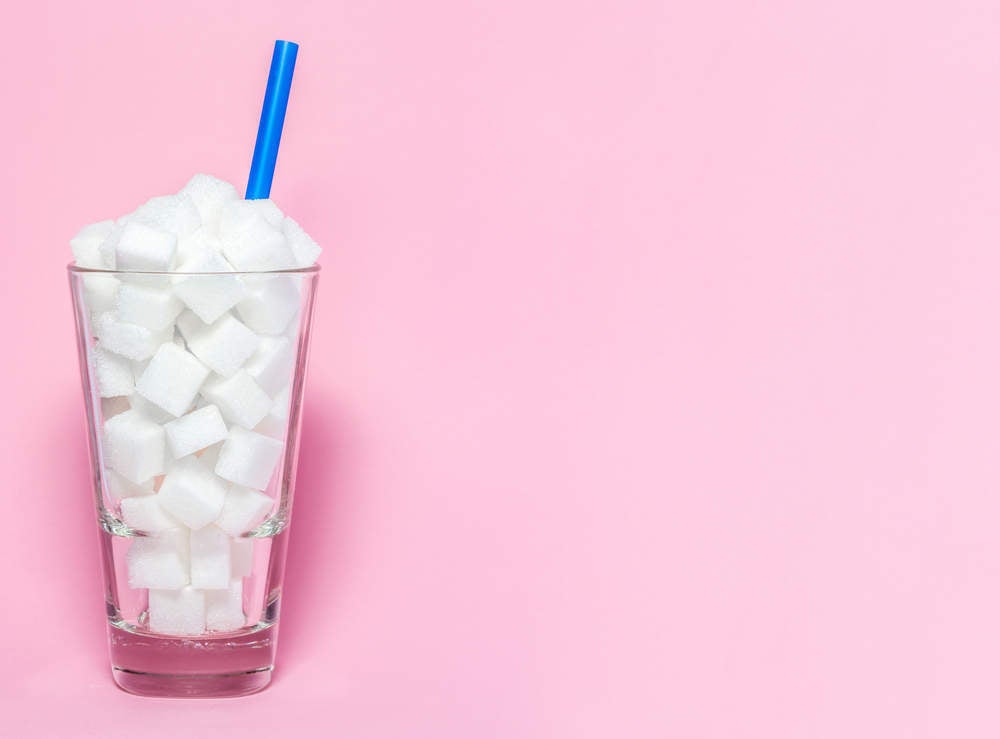
The food and drink industry is fighting back in the war on sugar as major UK brands unveil new recipe changes in an attempt to reduce the sugar burden of their products.
However, as it is revealed Coca-Cola is dropping its confusing reduced sugar variant – Coke Life – from the UK market; are healthier indulgences really what consumers want?
This month alone Nestle has rolled out its new 10 percent less sugar Kit Kat recipe; Lucozade has cut the sugar content of its full-sugar energy drink line-up in half; and Nestle-owned Rowntree has introduced 30 percent less sugar variants of Fruit Pastilles and Randoms.
While the latter will, at least initially, sit alongside the existing full sugar versions; British consumers will have no choice but to buy the reformulated Kit Kat and Lucozade products if they want to carry on enjoying these treats; effectively removing the element of consumer choice.
In theory, sugar reduction strategies seem a no-brainer: 43 percent of UK consumers claim to be actively trying to reduce consumption of sugar according to a recent survey by GlobalData.
However, given that enjoyment of products often or always influences food purchases for 58 percent of UK consumers – compared to 47 percent for health & wellness impact — in reality recipe changes can only work if the product’s taste is not adversely affected.
How well do you really know your competitors?
Access the most comprehensive Company Profiles on the market, powered by GlobalData. Save hours of research. Gain competitive edge.

Thank you!
Your download email will arrive shortly
Not ready to buy yet? Download a free sample
We are confident about the unique quality of our Company Profiles. However, we want you to make the most beneficial decision for your business, so we offer a free sample that you can download by submitting the below form
By GlobalDataConsidering over half (56 percent) of UK consumers surveyed by GlobalData do not pay attention to whether a product is healthy or not when looking for a treat, it is doubtful whether consumers really want healthier versions of junk foods like confectionery and energy drinks that are generally consumed as a treat rather than an everyday staple.
Lucozade’s strategy to slash the sugar content of its energy drinks by 50 percent – achieved by combining glucose syrup with artificial sweeteners – may be proving too much of a change for loyal customers who are already voicing their unhappiness about the new “horrible” and “artificial” taste on social media.
Considering the brand already offered zero sugar variants for those more willing to compromise taste for health; Lucozade’s reformulation is a risky move that may alienate devoted customers without winning over any new fans.
Coke Life failed because Coca Cola was already successfully meeting the needs of those looking for lower sugar and calorie options with Diet Coke and Coke Zero; while the full sugar, full taste Coke was still available for those aficionados who wanted it; leaving little market for an “in-between” version.
Since Lucozade already offered zero sugar options for the health conscious, the brand may struggle to win over customers who consumed Lucozade simply because they enjoyed it; especially given negativity around the new taste.
Considering the brand is not offering a full sugar alternative; these loyal devotees are likely to look elsewhere for a better tasting energy drink fix from rival brands.
While reformulation is inevitable amid growing industry pressure and taxation threats; it is clear that brands must focus on flavor and gradual changes to keep consumers sweet.
Nestle may have made a smart move with Kit Kat; implementing a small sugar reduction initially and tailoring marketing messages around “extra cocoa and milk” rather than “less sugar;” which are likely to resonate far better with consumers, than dramatic changes.







